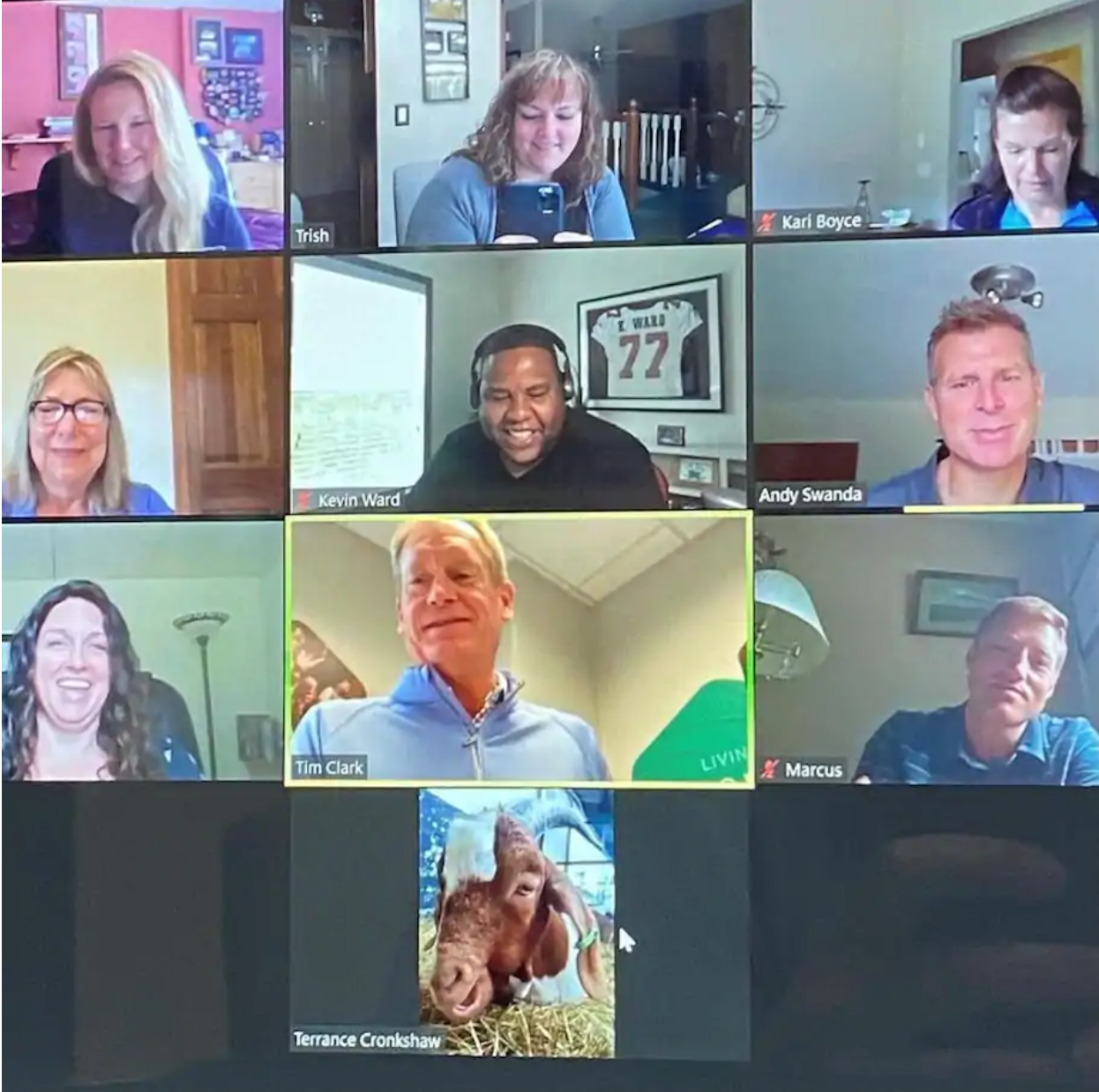Carrier pigeons between Taiwan, India, and Mount Ararat
Or, what makes a turtle a dove?
When I was teaching at Tunghai University from 1970-72, naturally I spent the bulk of my time in Taichung ("Tai Central"), but I would regularly visit my in-laws in Taipei ("Tai North"), 160 km to the north. They lived in a part of the city that was situated midway between National Taiwan University and Taiwan Normal University, where there were still many grand, old, wooden Japanese-style houses.
There were lots of memorable happenings in those neighborhoods, but one which struck me to the core is when people who raised flocks of pigeons would let them out for a spin, so to speak. The pigeons — a dozen or so (?) — would whir out of their dovecotes and flutter off into the sky in ever distancing gyres. I would stand on the fourth floor roof of our new reinforced concrete building (the first in that part of the city) and watch them as long as I could. Usually, however, I would lose track of them after several minutes. Eventually, the flock would miraculously return and settle down on their perches and in their nests, cooing contentedly.
Read the rest of this entry »
